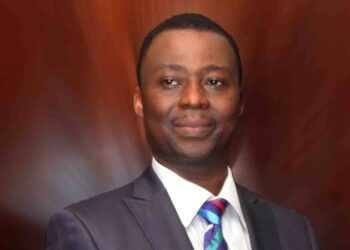South Korea has taken diplomatic action by summoning Russia’s ambassador to express concerns and urge Moscow to refrain from engaging in any military cooperation with North Korea. This move comes in the wake of last week’s summit between North Korean leader Kim Jong Un and President Vladimir Putin, which has raised apprehensions regarding potential arms deals.
First Vice Foreign Minister Chang Ho-jin convened a meeting with Russia’s ambassador in Seoul, emphasizing the need for Russia to “immediately halt any efforts to expand military cooperation with North Korea and adhere to (UN) Security Council Resolutions,” as stated in South Korea’s foreign ministry’s announcement.
Chang stressed that Russia, as a member of the UN Security Council, has a responsibility to address the nuclear threat posed by North Korea. He further noted that any actions that jeopardize South Korea’s security would significantly undermine the relationship between Russia and South Korea.
According to South Korea’s foreign ministry, Chang also conveyed that South Korea “will collaborate with the international community to take decisive measures to ensure there are clear consequences, and that such actions will negatively impact Korea-Russia relations.”
South Korea’s message follows reports of North Korean leader Kim being presented with options for military cooperation during his visit to Russia’s Vostochny Cosmodrome space center. This development occurred at a time when Russia is actively involved in its invasion of Ukraine, and North Korea is advancing its nuclear programs.
South Korean President Yoon Suk Yeol is currently in New York and is expected to deliver a keynote speech during the United Nations General Assembly on September 20. Local news outlets have indicated that Yoon may address the potential military exchanges between Pyongyang and Moscow in his speech.
Officials in Washington and Seoul have expressed concerns that Moscow might seek to acquire ammunition from North Korea to bolster its diminishing supplies, while North Korea may receive technological assistance in return for its spy satellite and missile programs.














